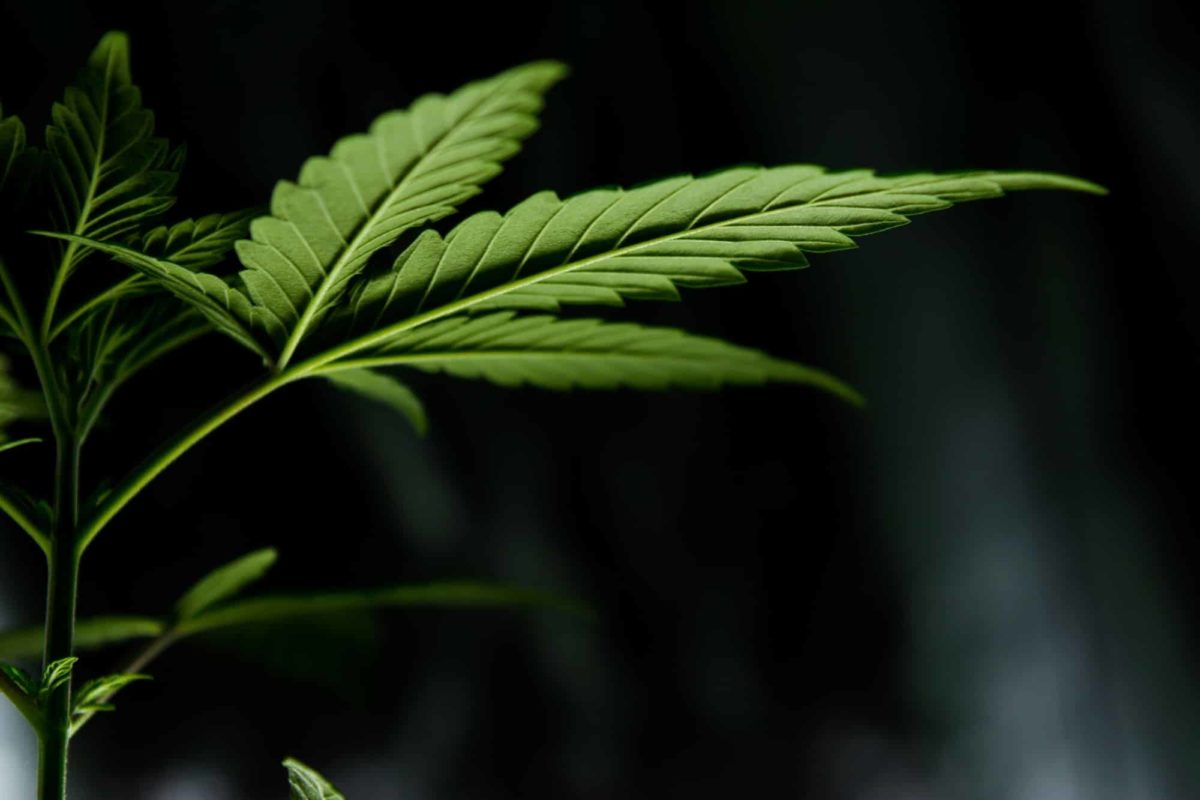Organic Standards for Cannabis Production

An upcoming movement within the cannabis industry is customer demand for organically grown products. Some states are pushing organic standards for cannabis production, as national recognition by the U.S. Department of Agriculture (USDA) is currently out of the question due to federal regulations around the cultivation and use of the plant. It is important to note, however, the USDA “Organic” label can be applicable to hemp, per the 2018 Farm Bill verifying umbrella. In short, some people may prefer organic cannabis as fewer toxins and metals are present, the environment benefits from cleaner farming, and taste, as well as potency, may be improved. Consider the work of the Cannabis Certification Council (CCC), whose message, #WhatsInMyWeed, serves as a cue to consider farming practices as they tie directly to consumption. In December 2019, the CCC announced a cannabis certification program that is industry-wide. They are currently working on an “Organically Grown” marker for qualifying goods.
Organic Standards for Cannabis Production
With similar standards to the USDA National Organic Program, the Maine Organic Farmer & Gardener (MOFGA) has initiated a Certified Clean Cannabis program (MC3) to offer an independent, third-party-verified marketing claim for cannabis products. The standards were developed by MOFGA and the program is in its fourth year; 2019 concluded with about 35 certified operations. The MC3 certification covers medical marijuana; it is currently available only to growers in Maine. On a smaller scale, in the state of Georgia, where “low THC” CBD oil (AKA no more than 5% THC) is legal, the production of raw cannabis with the use of non-organic pesticides is not allowed. The new Georgia Access to Medical Cannabis Commission are working to establish testing regulations. Additionally, per the Massachusetts’ Cannabis Control Commission, no pesticides of any kind, including organic, are allowed.
In Washington State, the Department of Agriculture is working with The Cannabis Alliance and the Organic Cannabis Association (OCA) to create a state-wide certification program for organic cannabis. Founding OCA board member Ben Gelt has stated: “The State of Washington has truly taken a leadership role by recognizing the importance of transparency and consumer protection in the cannabis industry. We firmly believe this is the first of many states to come, and serves to highlight the relevance of OCA’s mission. We look forward to working with states like Washington to develop a coherent standard for the industry as a whole and to be advocates state-by-state to ensure that both consumers and the industry have the opportunity to be transparent and meet market demands.”
Comments regarding California’s proposed regulations for their new statewide certification program may be submitted until July 7, 2020. The California Department of Food and Agriculture (CDFA) has released information for the OCal Program, which will establish and impose comparable-to-organic standards in the cannabis realm, according to an agency press release. The goal of the OCal Program is to confirm cannabis products bearing the OCal seal are certified to the uniform criteria as comparable to the USDA Organic Program. Per Business and Professions Code Section 26062(a)(1), CDFA is required to establish a certification program for cannabis analogous to the National Organic Program and the California Organic Food and Farming Act by January 1, 2021. CDFA proposes the adoption of Chapter 3, within Title 3 of the California Code of Regulations, to establish the OCal Program for cannabis.
International Organic Standards for Cannabis Production
Internationally, the lower house health commission in Switzerland has cleared a path for a limited pilot program to allow recreational cannabis to be legally produced and distributed. In December 2019, the Swiss National Council narrowly sanctioned the experiment but did not offer many specifics, which left the Commission for Social Security and Health of the Council to create details. Veering from the council’s proposal, the Commission chose to allow only Swiss-grown organic cannabis in the pilot program.
Stay in the Know
While some states are working towards organic standards for their cannabis industries, several companies currently exist which offer organic certification per product, based on stringent regulations. Some examples are California-based Clean Green Certified, Oregon natives Organic Cannabis Growers Society, and Certified Kind, which offers organic certification for both cannabis and hemp operations. Interested in going organic, either as a producer, distributor, or a consumer? Information is power and CannaCon is the best source for established brands, local and global updates, and personal connections. Follow CannaCon on social media to participate in their virtual events!

[…] 2020, we reported on states that were establishing organic standards for cannabis production. These cannabis standards help ensure clean, tested cannabis and can also help mitigate the risks […]